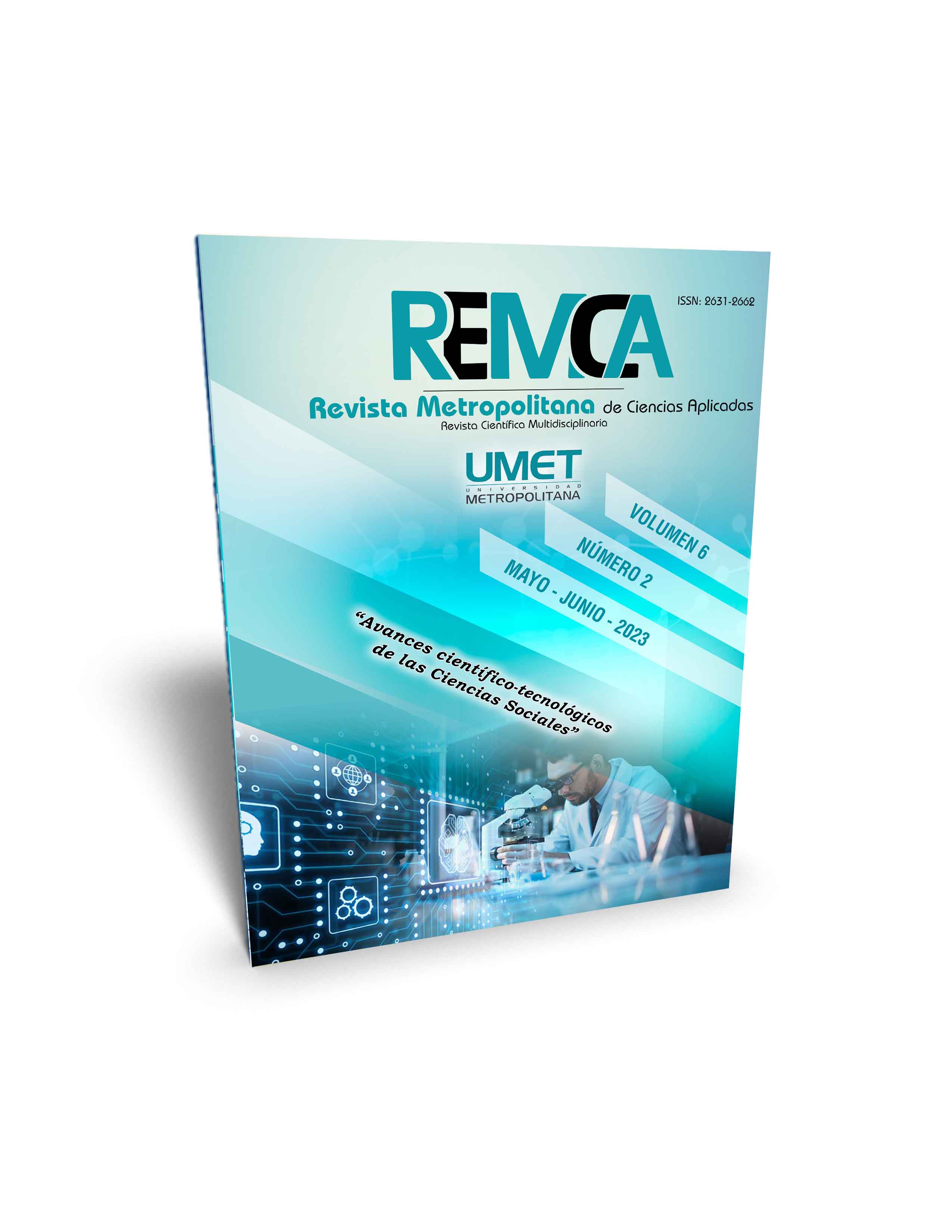Due process and the adoption of minors in favor of homoparental couples in Ecuador
DOI:
https://doi.org/10.62452/byqbck09Keywords:
Adoption of children, discrimination, homoparental families, Ecuadorian legislation, violation of rightsAbstract
The adoption process of minor children for homoparental families, within the Ecuadorian legal system, has not been able to be regulated, given that it continues to be discriminatory for people of the same sex. The Childhood and Adolescence Code (2015) stipulates that children and adolescents have the right to be adopted and form a home other than their biological one. In this regard, the research focuses on the objective of identifying the existing regulatory contradiction that leads to a violation of constitutional rights such as equality for people who make up same-sex couples, given the existing procedural obstacles. Understanding then, that there is discrimination for homosexual couples. The present investigation has a qualitative approach, where the analytical-synthetic method was used, in addition to the inductive method, which will help to analyze the object of study subjectively. Therefore, the results obtained were that the rights of homosexual couples are violated by a lack of regulations that regulate the adoption of children by homosexual couples.
Downloads
References
Campo, A. (2018). Las parejas homosexuales en el proceso de adopción (Segunda ed., Vol. dos). Lourose.
Casanueva, I. (2021). La problemática para el derecho civil de la aplicación del reconocimiento internacional de las adopciones por parejas homosexuales desde el punto de vista del derecho comparado de en los sistemas civilísimo y angloamericano. Revista del pensamiento Jurídico, 53.
Castillo Restrepo, L. H. (2021). Breve análisis comparado de la adopción homoparental entre Argentina y Colombia. Revista Saber Y Justicia, 1(19).
Chaparro, L., & Guzmán, Y. (2017). Adopción homoparental: Estudio del derecho comparado a partir de las perspectivas de los países latinoamericanos que la han aprobado. CES de derecho, 8(2), 267-297.
Herrera, C. (2018). Procedimiento de adopción en la legislación ecuatoriana. https://resolutioabogados.com/procedimiento-de-adopcion-en-la-legislacion-ecuatoriana/
Jaramillo, A., & Tenuelea, G. (2021). La adopción homoparental en Ecuador: Una perspectiva jurídica. Polo del conocimiento, 7(8).
Malla-Patiño, F. D., & Vázquez-Calle, J. L. (2021). La adopción homoparental en el Ecuador. Revista Científica FIPCAEC (Fomento De La investigación Y publicación científico-técnica multidisciplinaria). Polo De Capacitación, Investigación Y Publicación (POCAIP), 6(1), 557-582.
Medina, A. (2019). La adopción en familias homoparentales, una realidad en la ciudad de México. https://www.corteidh.or.cr/tablas/r38870.pdf
Núñez, B. (2018). Adopción homoparental: una revisión a la protección jurídica del interés superior del menor de los pronunciamientos. (Trabajo de grado). Universidad Católica de Colombia.
Paspuel, L. (2019). La adopción homoparental: Consideraciones para el reconocimiento constitucional en Ecuador en 2019. (Tesis de maestría). Universidad Andina Simón Bolívar.
Pinzón, D., & Prada, J. (2017). Algunas consideraciones sobre la adopción homoparental en el ordenamiento jurídico colombiano. Temas Socio-jurídicos, 28(59).
Ramos, B. (2017). Comisión de los Derechos Humanos del Estado de Campeche, Acción de Inconstitucionalidad. Trillas.
Robles, C., & Di Lesso, C. (2016). El concepto de familia y la formación académica en Trabajo Social. Revista Debate Público. Reflexión de Trabajo Social, 2(3).
Serrano, L. (2017). Silvia Juliana. El estatus jurídico de las personas con orientación/opción homosexual en el derecho internacional de los derechos. Limusa.
Downloads
Published
Issue
Section
License
Copyright (c) 2023 Omar Sebastián Villacis-Patiño, Jorge Mateo Villacrés-López (Autor/a)

This work is licensed under a Creative Commons Attribution-NonCommercial-ShareAlike 4.0 International License.
Authors who publish in Revista Metropolitana de Ciencias Aplicadas (REMCA), agree to the following terms:
1. Copyright
Authors retain unrestricted copyright to their work. Authors grant the journal the right of first publication. To this end, they assign the journal non-exclusive exploitation rights (reproduction, distribution, public communication, and transformation). Authors may enter into additional agreements for the non-exclusive distribution of the version of the work published in the journal, provided that acknowledgment of its initial publication in this journal is given.
© The authors.
2. License
The articles are published in the journal under the Creative Commons Attribution-NonCommercial-ShareAlike 4.0 International License (CC BY-NC-SA 4.0). The terms can be found at: https://creativecommons.org/licenses/by-nc-sa/4.0/deed.en
This license allows:
- Sharing: Copying and redistributing the material in any medium or format.
- Adapting: Remixing, transforming, and building upon the material.
Under the following terms:
- Attribution: You must give appropriate credit, provide a link to the license, and indicate if any changes were made. You may do this in any reasonable manner, but not in any way that suggests the licensor endorses or sponsors your use.
- NonCommercial: You may not use the material for commercial purposes.
- ShareAlike: If you remix, transform, or build upon the material, you must distribute your creation under the same license as the original work.
There are no additional restrictions. You may not apply legal terms or technological measures that legally restrict others from doing anything the license permits.




